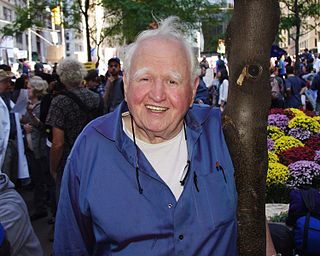A Quote by Paulo Coelho
Men always have their reasons. But the fact is that they always wind up leaving.
Related Quotes
Like, in general I think people have very complicated reasons for wanting things, and we often have no idea whether we’re actually motivated by altruism or a desire to hook up or a search for answers or what. I always get annoyed when in books or movies characters want clear things for clear reasons, because my experience of humanness is that I always want messy things for messy reasons.
You always want to break away from your parents, and you always think, 'I'm never going to be like that guy.' What I've discovered is you kind of wind up becoming your parents, which is also a cliche in itself. My father, despite the fact that he's been dead for over 25 years, he's been a huge influence on me.
If you just look at the number of roles for women versus the number of roles for men in any given film, there are always far more roles for men. That's always been true. When I went to college, I went to Julliard. At that time - and I don't know if this is still true - they always selected fewer women than men for the program, because there were so few roles for women in plays. That was sort of acknowledgment for me of the fact that writers write more roles for men than they do for women.
In this world laws are written for the lofty aim of "the common good" and then acted out in life on the basis of the common greed. In this world irrationality clings to man like his shadow so that the right things get done for the wrong reasons - afterwards, we dredge up the right reasons for justification. It is a world not of angels but of angles, where men speak of moral principles but act on power principles; a world where we are always moral and our enemies always immoral; a world where "reconciliation" means that when one side gets the power and the other side gets reconciled to it.
It occurred to Susan that men were always waiting for something cataclysmic-love or war or a giant asteroid. Every man wanted to be a hot-headed Bruce Willis character, fighting against the evil foreign enemy while despising the domestic bureaucracy. Men just wanted to focus on one big thing, leaving the thousands of smaller messes for the women around them to clean up.






































